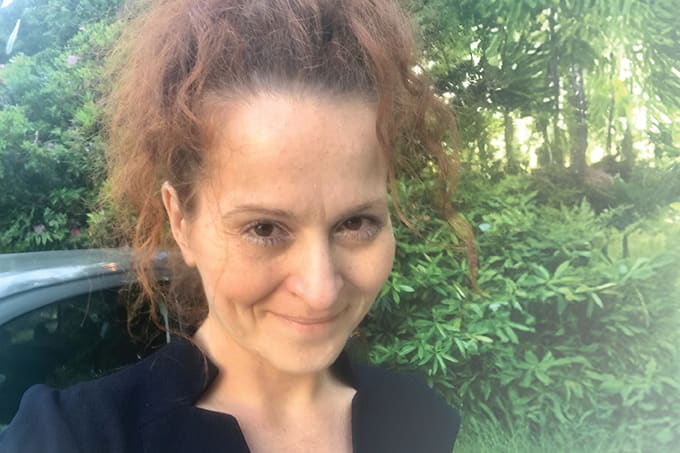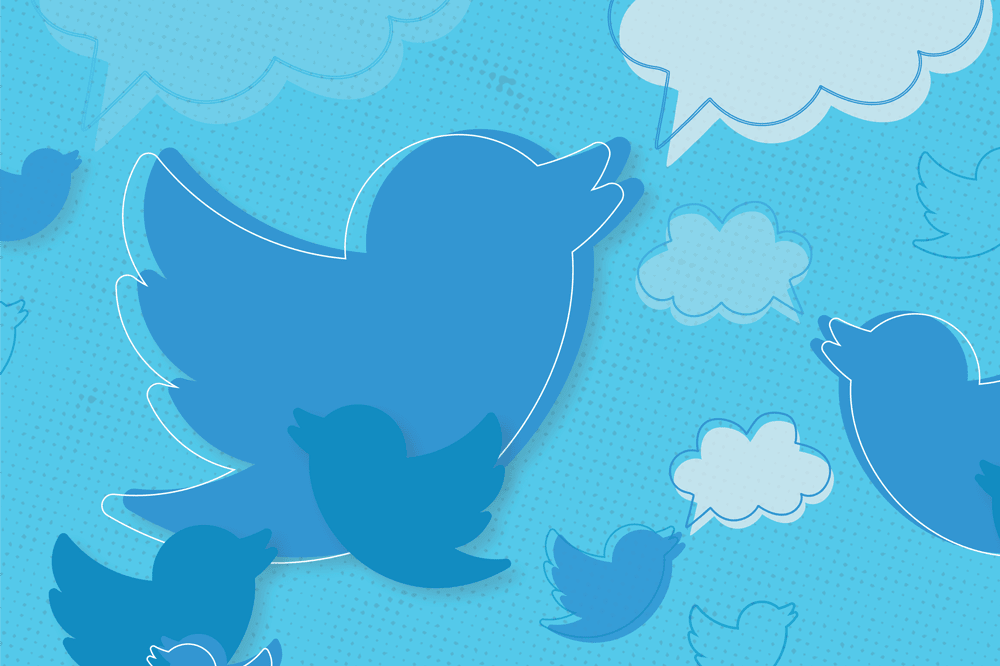To detect low-level biomarkers, we must amplify their signals – but, though fluorescence-based tests have advanced greatly, they still require costly equipment that may be inaccessible in resource-limited settings or at the point of care.
In hopes of addressing this problem, researchers at Munich’s Ludwig Maximilian University have used DNA origami nanostructures to develop addressable nanoantennae with cleared hotspots – pairing DNA probes with gold or silver particles to amplify fluorescence signals. Using those nanoantennae, they built a portable smartphone microscope to successfully detect fragments of antibiotic-resistant Klebsiella pneumonia DNA.
“Our technology could be utilized for diagnostic tests even in areas in which access to electricity or laboratory equipment is restricted,” said Viktorija Glembockyte, joint first author of the study (2). “We have shown that we can directly detect small fragments of DNA in blood serum using a portable, smartphone-based microscope that runs on a conventional USB power pack.”

References
- K Trofymchuk et al., Nat Commun, 12, 950 (2021). PMID: 33574261.
- Ludwig Maximilian University of Munich (2021). Available at: https://bit.ly/3souuO8.




